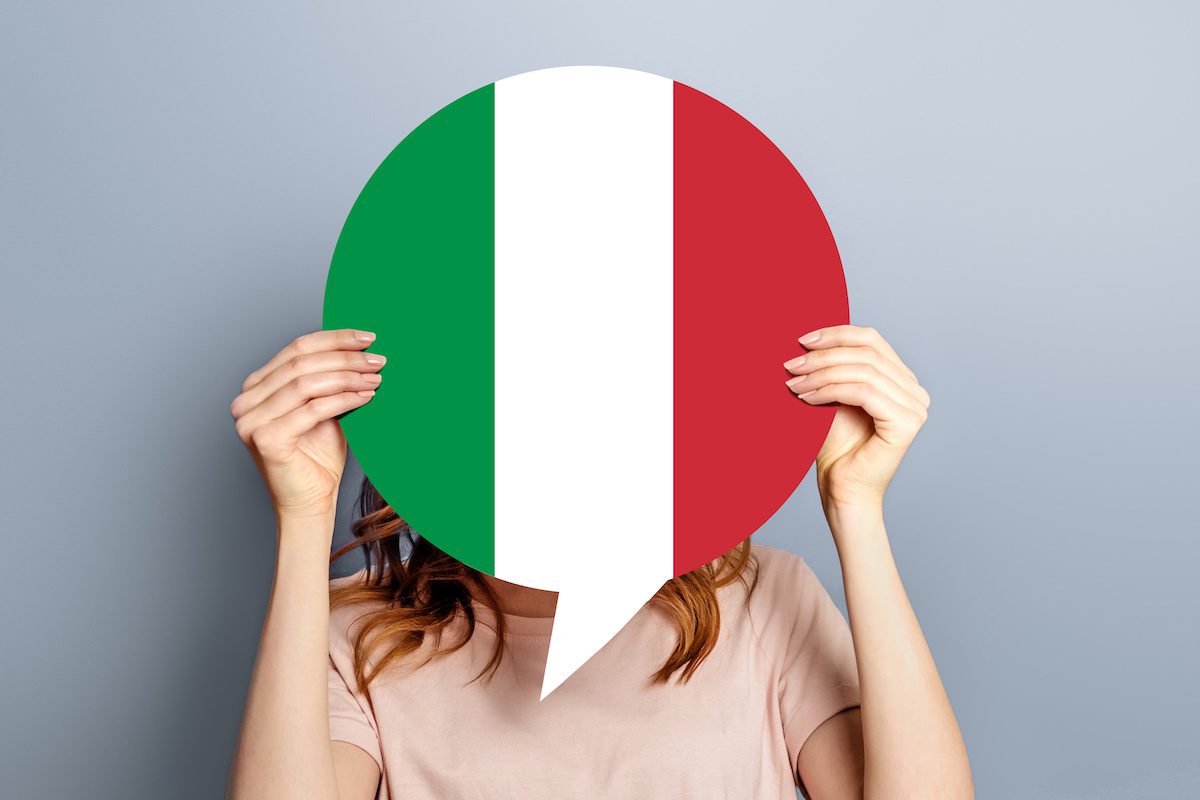Whether you’re prepping for a dream vacation or looking to expand your clientele or customer base, learning a new language doesn’t have to be daunting. In fact, it can be fun, as well as good for your brain! We ask an expert for some tips.
If morphing into a polyglot (someone who knows and is able to use several languages) is on your wish list, you’re in luck. We explore this alluring idea with Dr. Cindy Blanco, the senior learning scientist and managing editor of learning content at Pittsburgh-based Duolingo, one of the most downloaded learning apps in the world.
Dr. Blanco is an ideal expert to chat with, since she speaks both English and Spanish, and has conversational proficiency in six other languages: French, Italian, Russian, Catalan, Portuguese and American Sign Language. More recently, she’s been studying German to prepare for an upcoming business trip to Berlin.
“I’ve always been fascinated by languages,” she says. “Ever since I first heard my dad and grandmother use Spanish together — they’re Cuban — I haven’t been able to stop thinking about all the possible ways for people to express their thoughts and ideas through language.”
Dr. Blanco knows that communicating in a new language is the obvious benefit of expanding one’s linguistic skills, but numerous other perks exist. These include social and cultural connections, plus health and cognitive advantages. “Research shows that it’s never too early or too late to start learning a new language,” she says. “Our brains are far more adaptive and flexible than previously thought, and our brains are built for language learning. And in many ways, it’s easier to learn a third or fourth after you’ve learned a second one.”

Research points to many interesting benefits that emerge from learning a new language and of being bilingual, including:
- It boosts cognitive function, such as the ability to task-switch
- It supports healthy aging
- It promotes connection to people, cultures and family heritage
And research also shows that, even as beginners, adults can learn new languages quickly.
Dr. Blanco offers the following tips when learning a second language for the first time:
- Set meaningful, short-term goals. It takes a long time to learn a language, so it’s really important to stay motivated. You can help yourself by setting small goals that are very personal to you, that way you can measure your own progress. Maybe you want to be able to understand the lyrics to your favorite BTS song by the end of the summer, or you want to feel confident ordering in a restaurant on your next trip abroad.
- Make learning a habit. To help yourself stick with your new language, create a routine. Pair studying with other habits, like always doing a few lessons over your morning coffee or unwinding with music or a podcast in the language during your evening commute. Learning a little bit at a time like this can also keep you from feeling overwhelmed, and returning to the language day after day is great for helping you remember.
- Combine language learning with your interests and hobbies. This is an excellent way to fit in study time while doing the things you already love, and it helps you learn the vocabulary and phrases most relevant to you. Make a playlist in the language you’re learning for your next workout or run, or if you’re a foodie, try a recipe written in the language.
- Mix up your learning with different kinds of practice. To keep yourself engaged and to be sure you’re getting practice reading, writing, speaking and listening, mix up the ways that you study. Listening to music in the language, watching a TV show in the language, and seeing posts in the language in your Instagram or TikTok feeds all count as practice.

When learning a new language, it’s crucial to get consistent exposure by seeing, hearing and using it. “Daily practice is ideal for language learning, but that doesn’t have to mean dedicating an hour to grammar lessons or anything like that,” Dr. Blanco says. “Find ways to build that exposure into your daily routine, by following accounts on social media, exploring new Spotify playlists, or changing the language of your phone.”
She assures us there isn’t a magic number for the amount of time required to learn or maintain a language, and it will depend greatly on your language goals. “To maintain a language you previously knew well, doing a little bit every day, most days of the week, might be all you need. But you’ll need more dedicated time to learn a new language from scratch,” she explains. Also, it will naturally take longer to learn a language that’s significantly different from your own. In general, she recommends starting small and specific, and aiming for consistent practice most days of the week.
In the end, Dr. Blanco says, language is all about connection — whether it’s connecting words to make sentences, connecting to the fandom of your new favorite show, or connecting with loved ones in your own family. “Connecting forces us to build a bridge between where we are, what we know, how we express ourselves and where others are — how they express themselves and understand the world,” she says.
Any time we have to view things in a new and different light, we learn about others as we simultaneously learn about ourselves. Luckily for us, language allows us to do this quite easily. “New vocabulary and grammar capture the world in new ways,” Dr. Blanco says, “and of course, learning someone’s language allows us to connect directly with them, too.”




